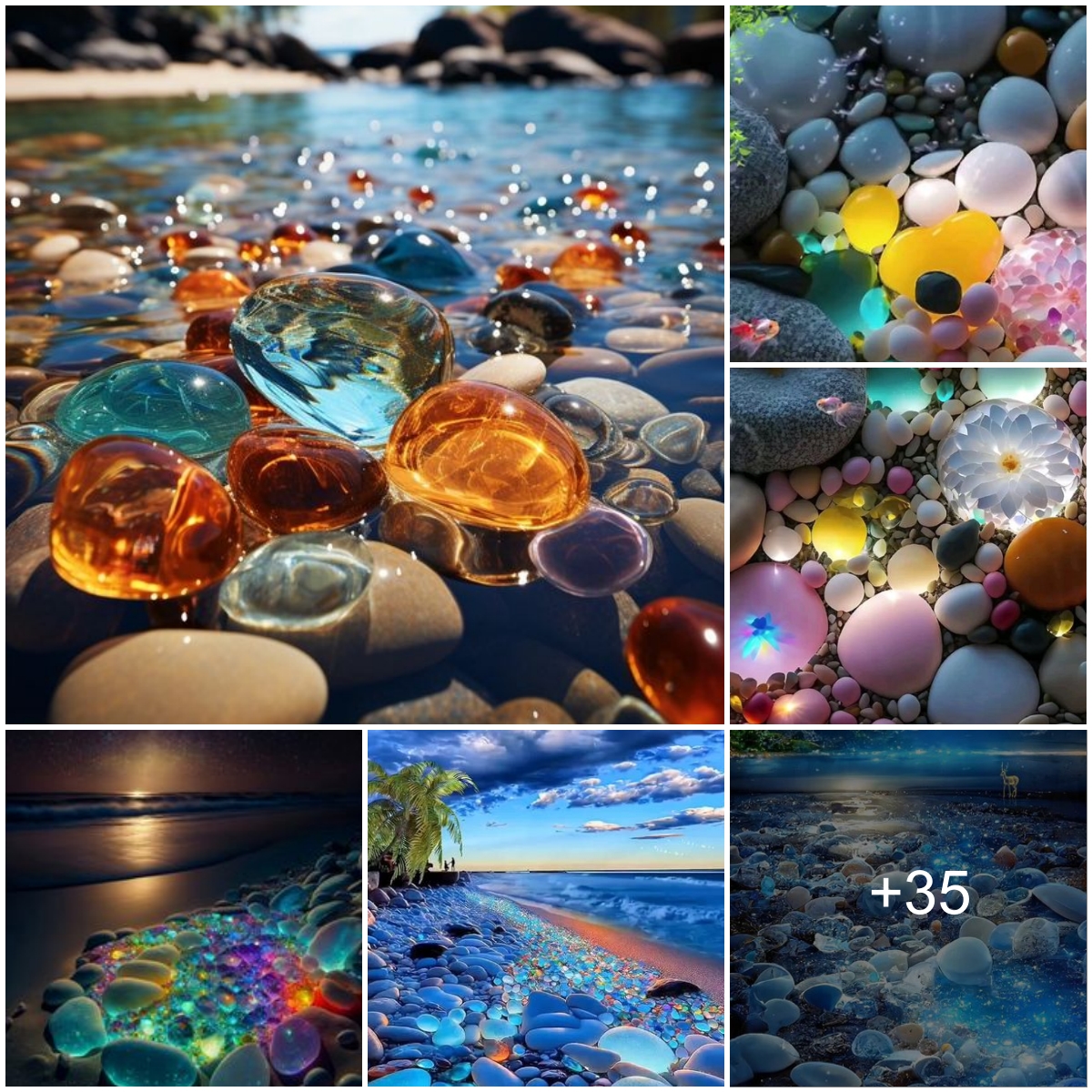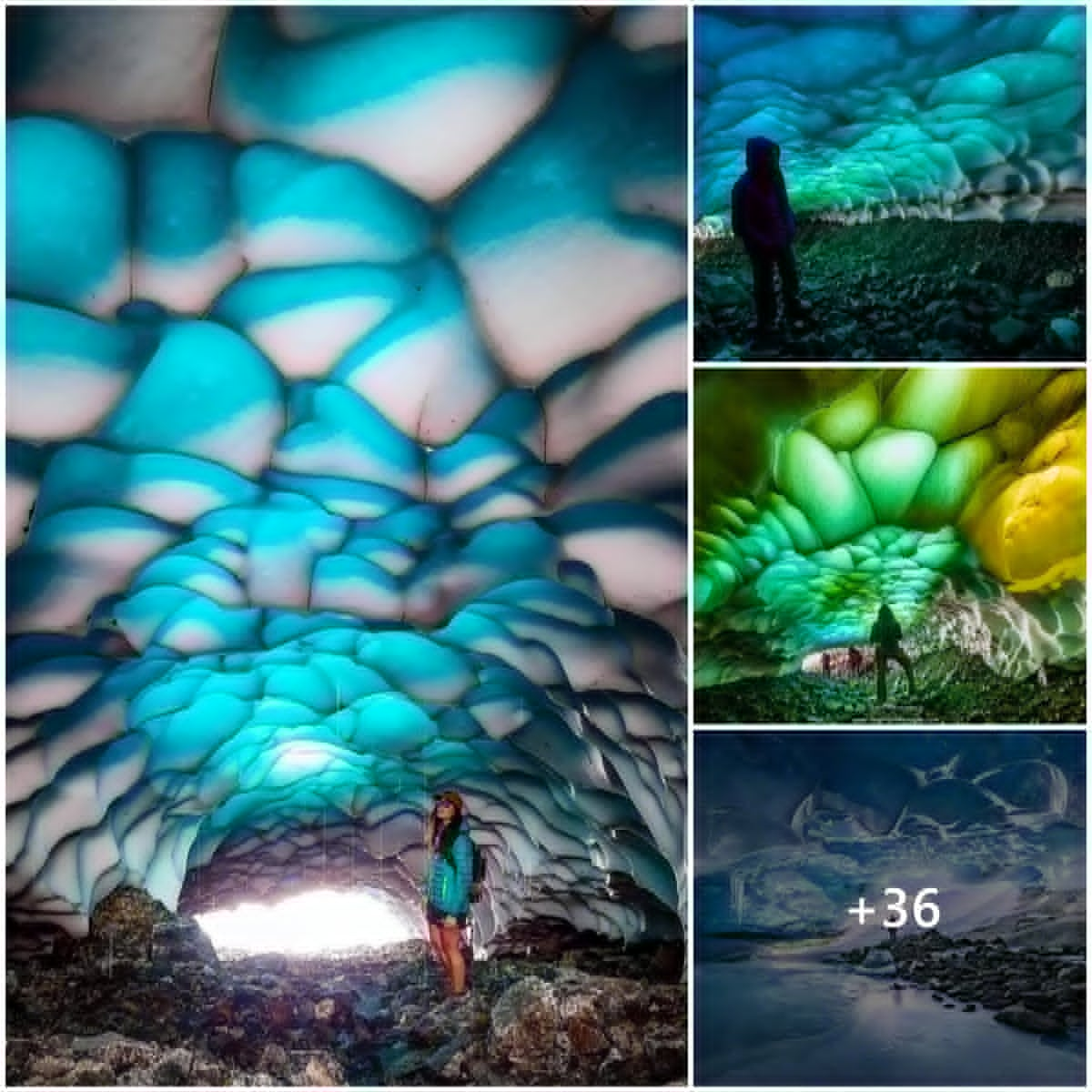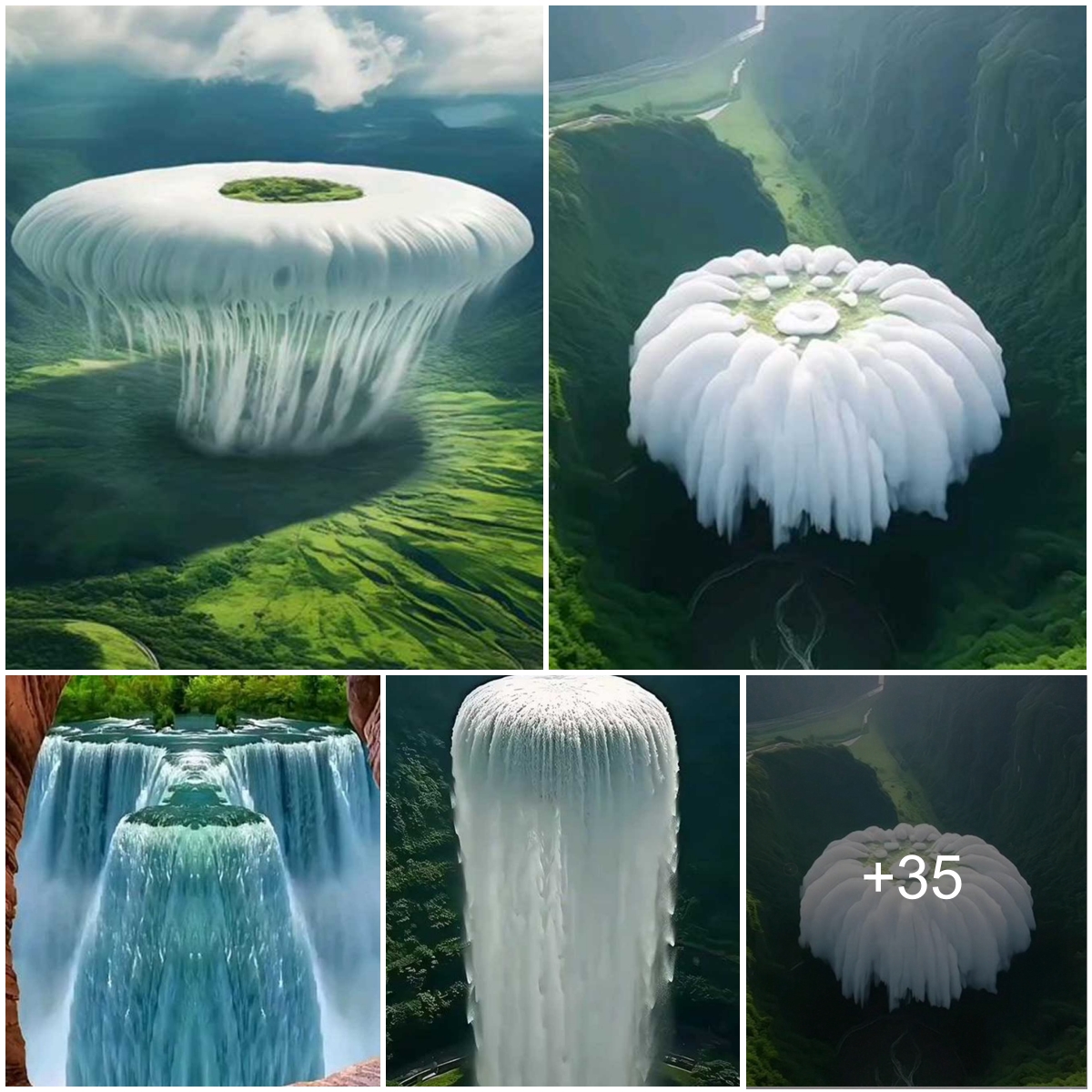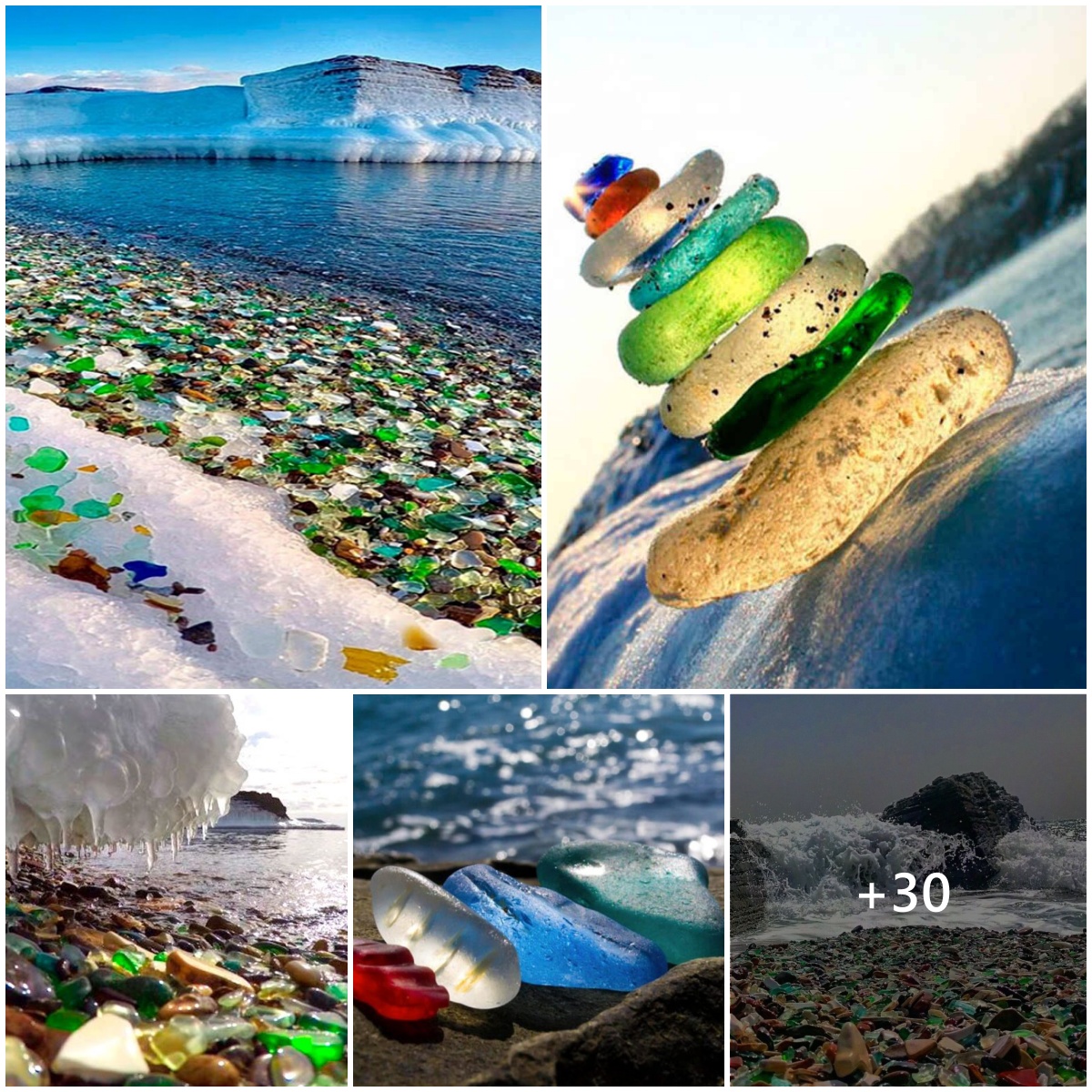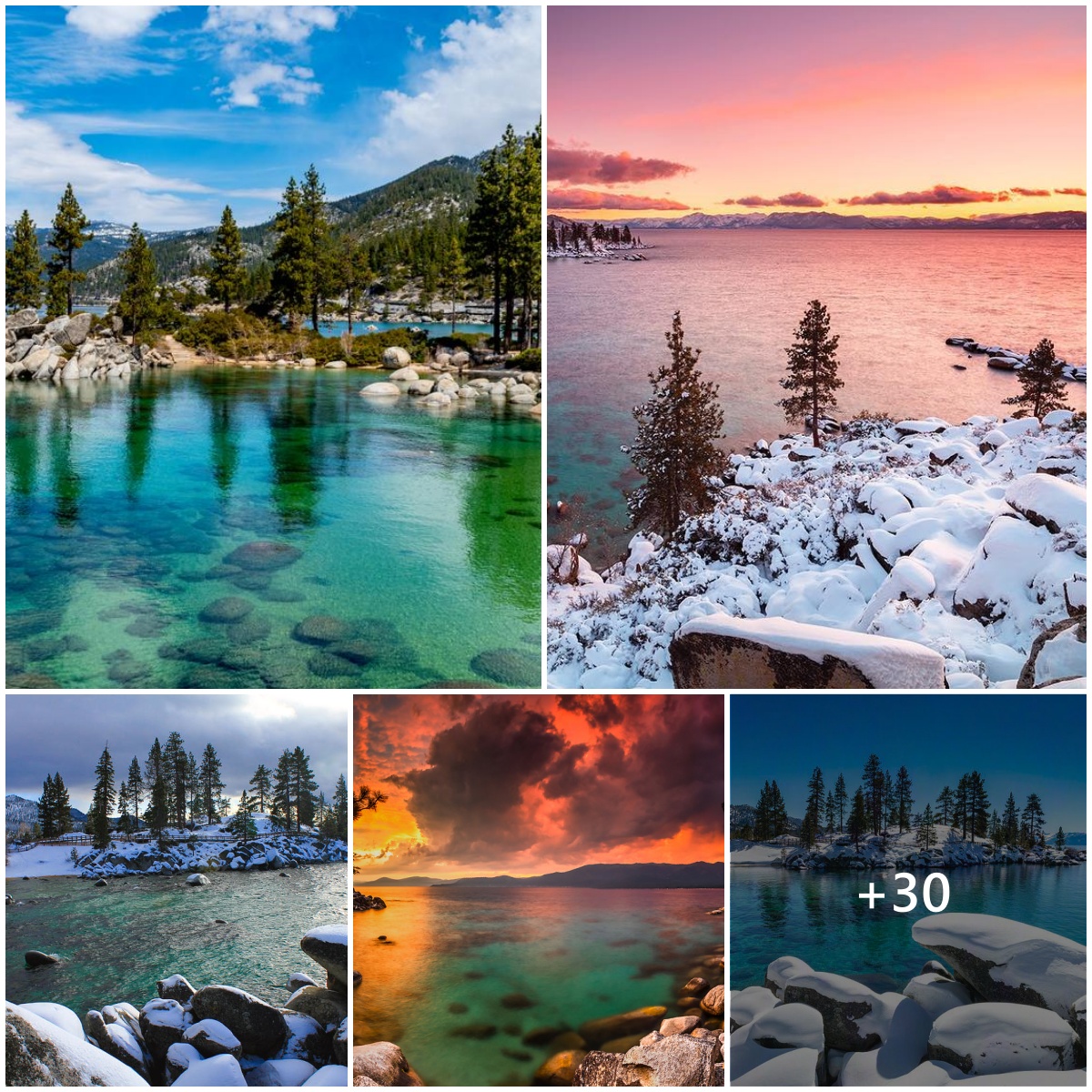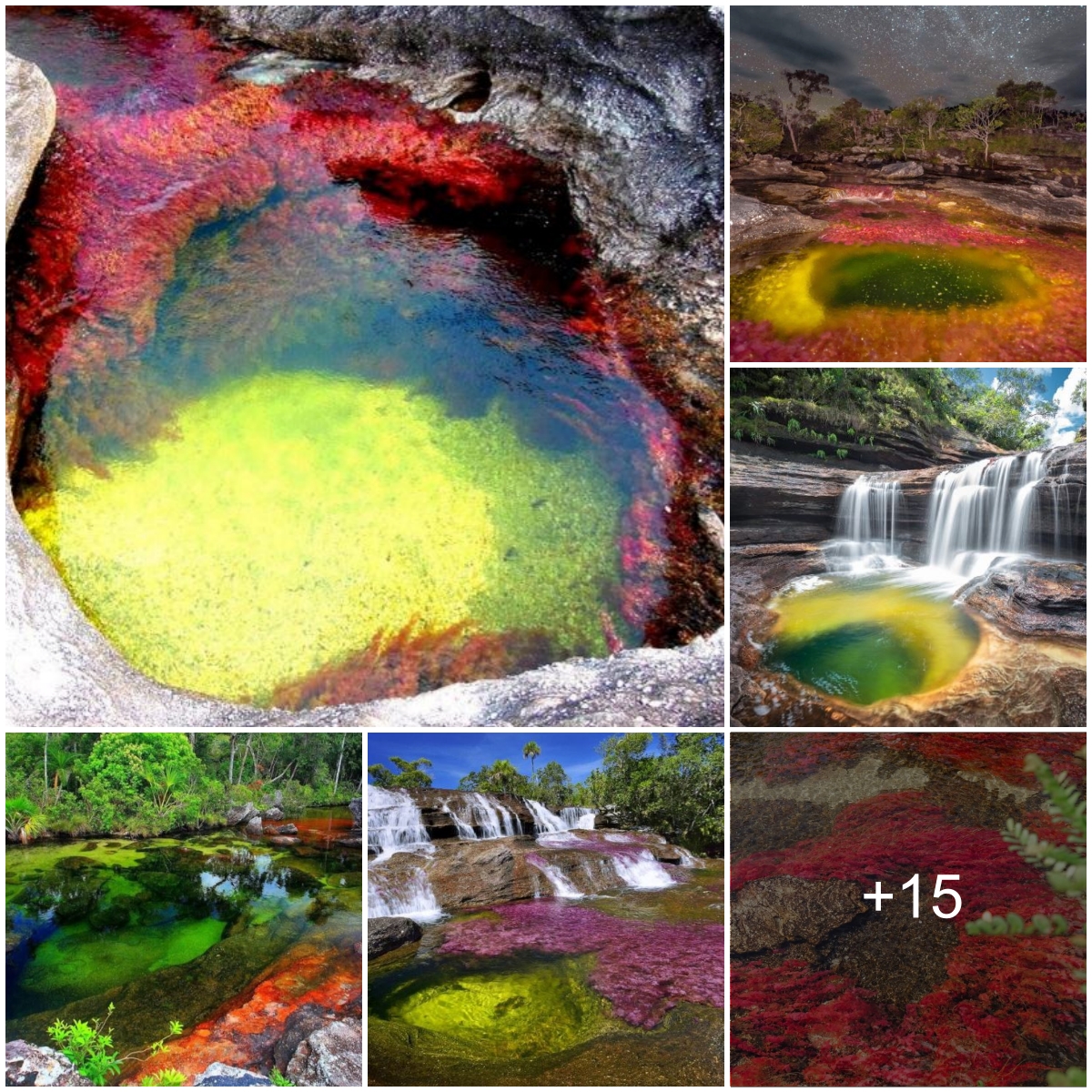The song goes “What a wonderful world” and we can do nothing but agree. Among other sources of inspiration, Laia Aguilar found nature to be one of the most prevalent ones in the Fall-Winter 2023 collection. As you may know, The Animals Observatory Creative Director is truly fond of the countryside. As it happens, she lives surrounded by the flora and fauna of the Empordà and the natural colors and shapes generated by the region’s distinctive windy climate. In her own words, “We take the beauty of this world for granted”. Nevertheless, it is actually ephemeral. Nature is always evolving, for better or worse. Although we can find comfort in how beautiful things remain imprinted in our hearts.
Speaking of wonderful stuff, you may know that mankind already selects the Wonders of the World, from time to time, The Machu Picchu in Peru, the Christ the Redeemer in Brazil, and so on. But we are talking about wonders that have also been created by humans. So we can’t help but wonder, aren’t there other wonders that have been created by nature itself? In truth, these also exist.
They are called 7 Natural Wonders of the World and they have been selected since 2007, the year in which this initiative started. Chosen by people using a global poll, the New 7 Wonders Foundation is led by Bernard Weber and it is based in Switzerland. The last poll was closed in 2011 and the New 7 Wonders of Nature were voted by 100 million people around the world.
What are the Seven Natural Wonders of the World?
The following list includes astonishing natural wonders that almost seem like the greatest artworks of all time, but created by “the beauty of the passage of time through things”, as the first item from The Animals Observatory Manifesto reads.
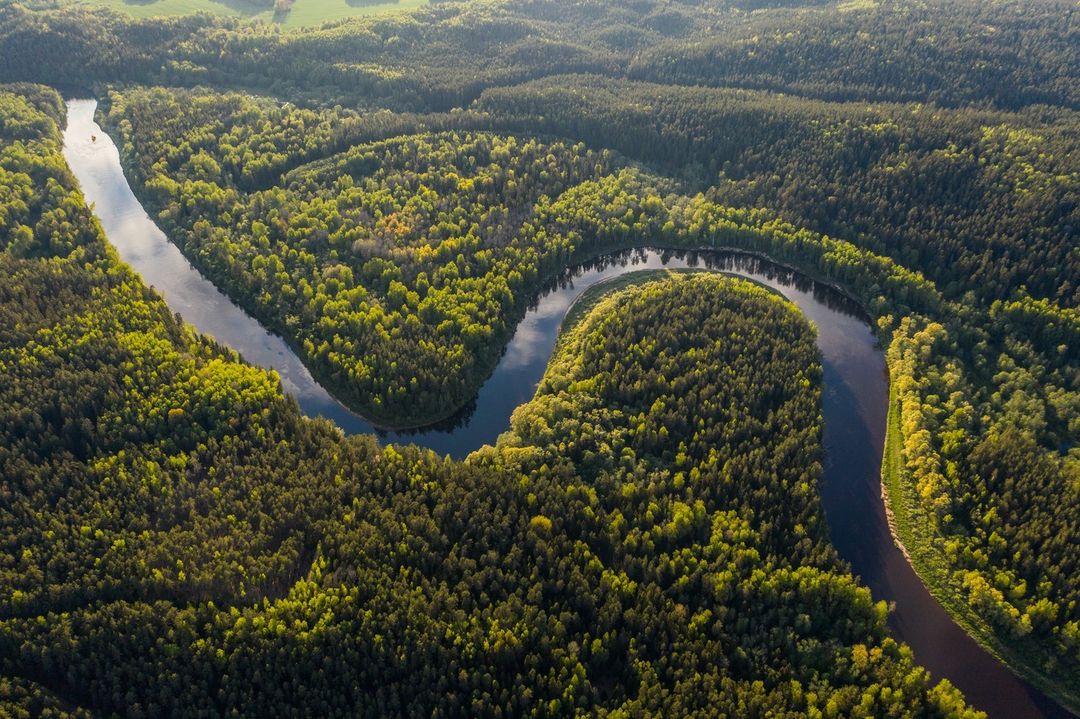
Source: @onetreeplanted
Amazon rainforest
We dare to guess that everybody knows about it, but it is always worth mentioning that this vast jungle encompasses 7,000,000 km2 . What’s also great about the Amazon is its cultural richness, as it includes territory belonging to nine nations, as the Amazon rainforest comprehends parts of Brazil, Bolivia, Colombia, Ecuador, the French Guiana, Guyana, Peru, Suriname and Venezuela. Furthermore, it is also the home of 3,344 formally acknowledged indigenous territories.
The Amazon is also called “The Earth’s lung” because it represents half of the planet’s remaining rainforests. It is also the greatest and most biodiverse tract of tropical rainforest in the world, with an estimation of 390 billion trees that can be classified in 16,000 different species. Speaking of flora and fauna, the Amazon Rainforest holds the highest plant’s biodiversity in the world, with up to an estimated 40,000 species of plants that have been accounted for, the totality of them remaining unknown. Besides, 2,200 fish species, 1,294 birds, 427 mammals, 428 amphibians, and 378 reptiles have been classified in the South American rainforest.
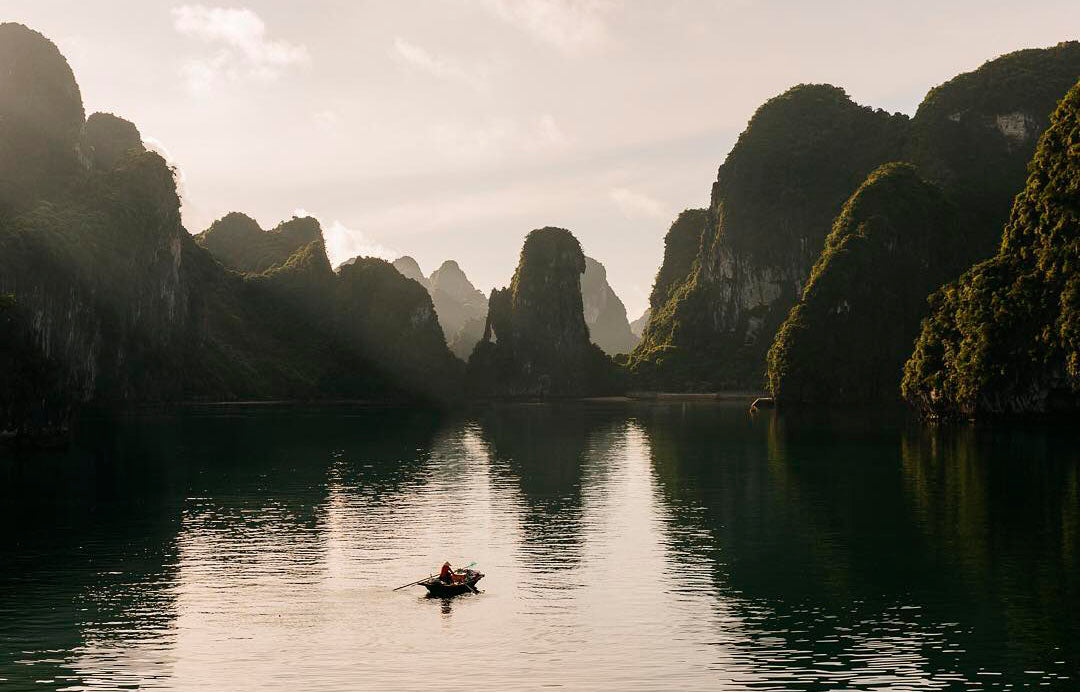
Photo by @kevinfaingnaert. Source: @natgeotravel
A very popular travel destination from Vietnam,Hạ Long Bay or Halong Bay is also a UNESCO World Heritage Site. This bay is part of the Quảng Ninh province in the Asian country. What’s great about this astonishing wonder of nature is that it features thousands of water-eroded limestone karsts and islets in several shapes and sizes. The famous bay is nothing less than a 1,500 km2 expanse of water, and so it contains more than 2,000 little islands.
As a fun fact, Hạ Long means “descending dragon.” Its name comes from an ancient legend. They say the Jade’s Emperor sent a dragon’s family to defend the island from the Chinese conquerors, and so the dragons started to breathe fire against their enemies. After the latters were defeated, some emeralds appeared along the bay. These were supposedly the dragons’ teeth. After this, The emeralds created an impossible-to-penetrate barrier to discourage any future invasions and, after a thousand years, these emeralds transformed into the tiny island that you people can admire now.
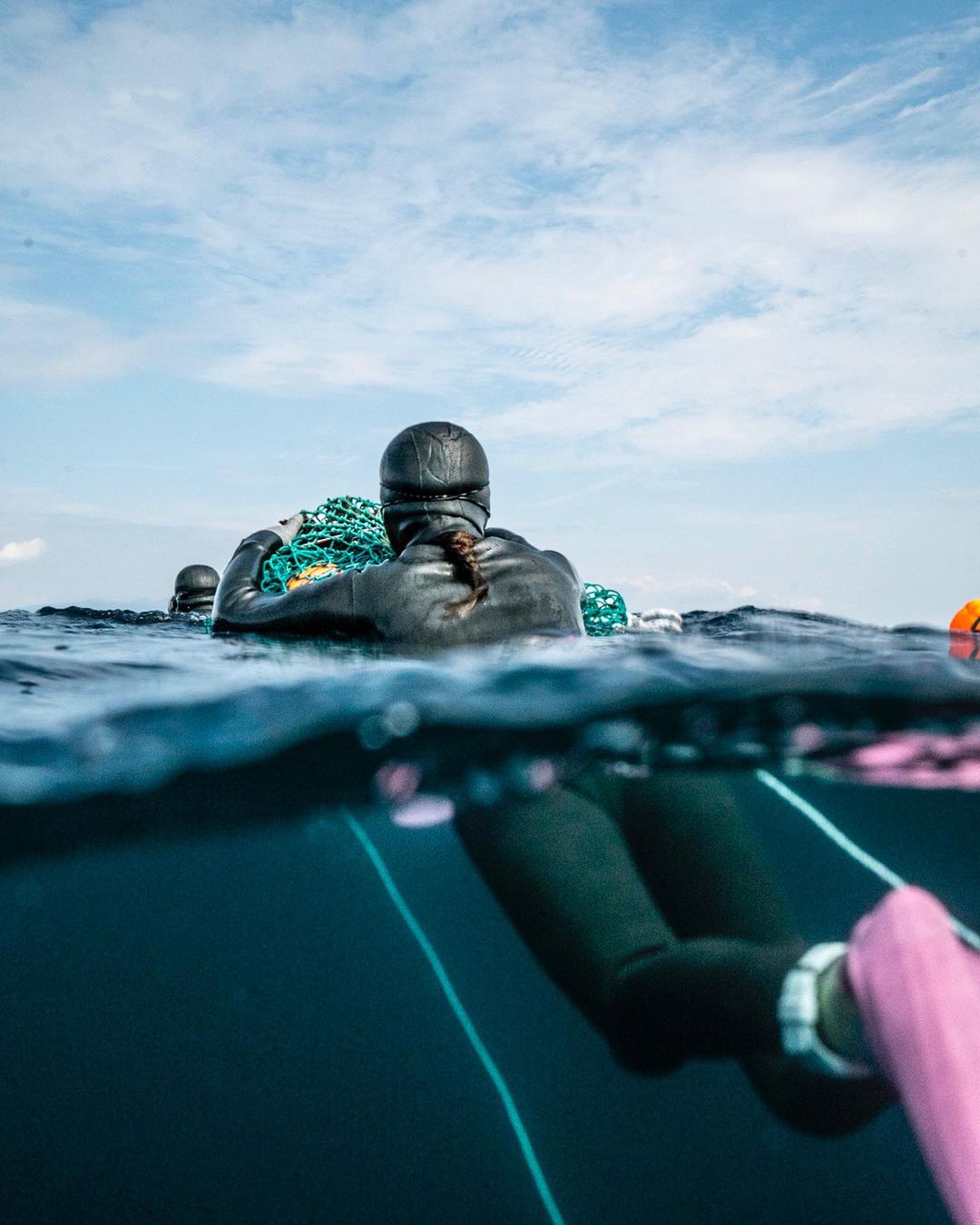
Source: @gromlet
Jeju Island
Formed by an underwater volcano eruption around two million years ago, the island of Jeju is located in South Korea and is, in fact, the only self-governing province in the country. This means that Jeju is run by its local inhabitants and not by the South Korean state, as the island has always been self-managed. The Jeju people are indigenous to the island which has been populated since the early Neolithic period.
Jeju is also the largest South Korean island, as it covers an area of 1,833.2 km2. What’s also special about it is the local women’s fishing tradition. They are called Haenyeo and they date back to the year 503 AD. These fisher women have their own technique that has been passed down from generation to generation, and they can go down to 10 meters without any respiratory device, only using their lungs. Furthermore, the Haenyeo fisher women, and especially their diving shoes, are what actually inspired Laia Aguilar for the fourth Reebok x The Animals Observatory capsule. Which is now on sale by the way.
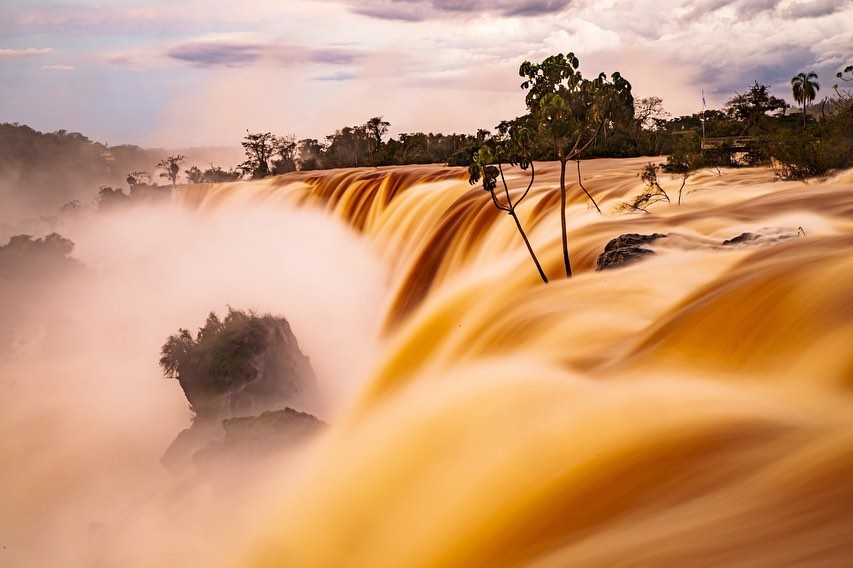
Photo: @white.emilio. Source: @parque.nacional.iguazu
Iguazu Falls
These huge waterfalls are just stunning. Located in the Iguazu River, on the border of Argentina and Brazil, they consist of a two-step waterfall formed by three layers of basalt rock. Their steps are about 40 meters high and they are divided into so many separate waterfalls and cataracts, so we can talk about 150 to 300 of them, depending on the level of the water. Besides, the National Park they are part of amounts to 250,000 hectares of subtropical forest.
The Iguazu Falls have been part of the UNESCO World Heritage Sites since 1984. Another interesting fact about them is the legend that explains their formation. Word has it that a beautiful woman named Naipí had to marry a deity, but instead she fled with her mortal lover in a canoe on the Iguazu river. Consumed by rage, the deity sliced the river and so the waterfalls were created and condemned the lovers to an eternal fall. It is also said that, once Eleanor Roosevelt, First Lady of the United States from 1933 to 1945, saw the waterfalls, she couldn’t help but exclaim “Poor Niagara!” which, at 50 meters, is a third shorter.
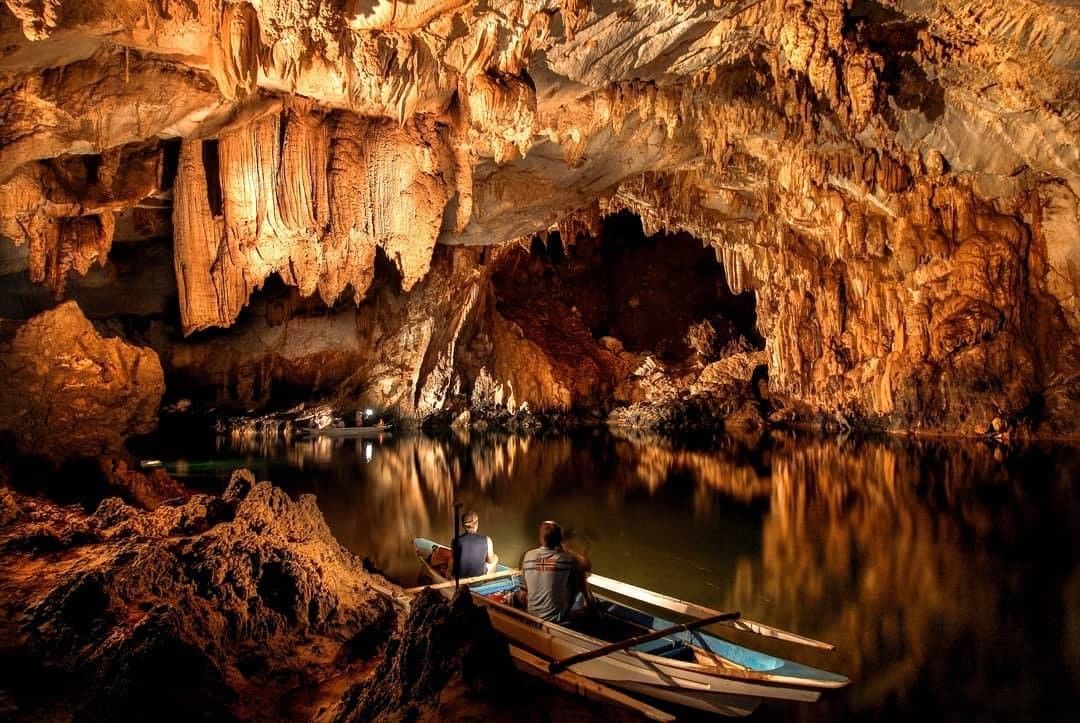
Photo: @iconiktravels Source: @storyv_com
Puerto Princesa
The Puerto Princesa Subterranean River National Park is located in the Philippines (Island of Palawan) and it is a protected area that contains the famous subterranean river that gives name to the park. It was listed as a UNESCO World Heritage Site in 1999. This vast park also consists of a limestone karst mountain landscape and a 24 km river cave, which includes great formations of stalactites and stalagmites. It is one of the largest caves in the world.
Its flora makes it a special habitat for biodiversity conservation, as it encloses a mountain-to-the-sea ecosystem and some of the greatest forests in the whole Asia. Several kinds of forests can be found in the area, such as montane forest, freshwater swamp forest, lowland evergreen tropical rainforest, and beach forest among others. Moreover, The Puerto Princesa Subterranean River National Park counts more than 800 plant species. Its fauna is also rich, with up to 165 different bird species. Around 30 mammal species inhabit the area, the long-tailed macaque being the most often observed one of them. Other characteristic fauna from the National Park are the Palawan bearded pig, the Palawan porcupine, the sea cow, and several kinds of cave bats.
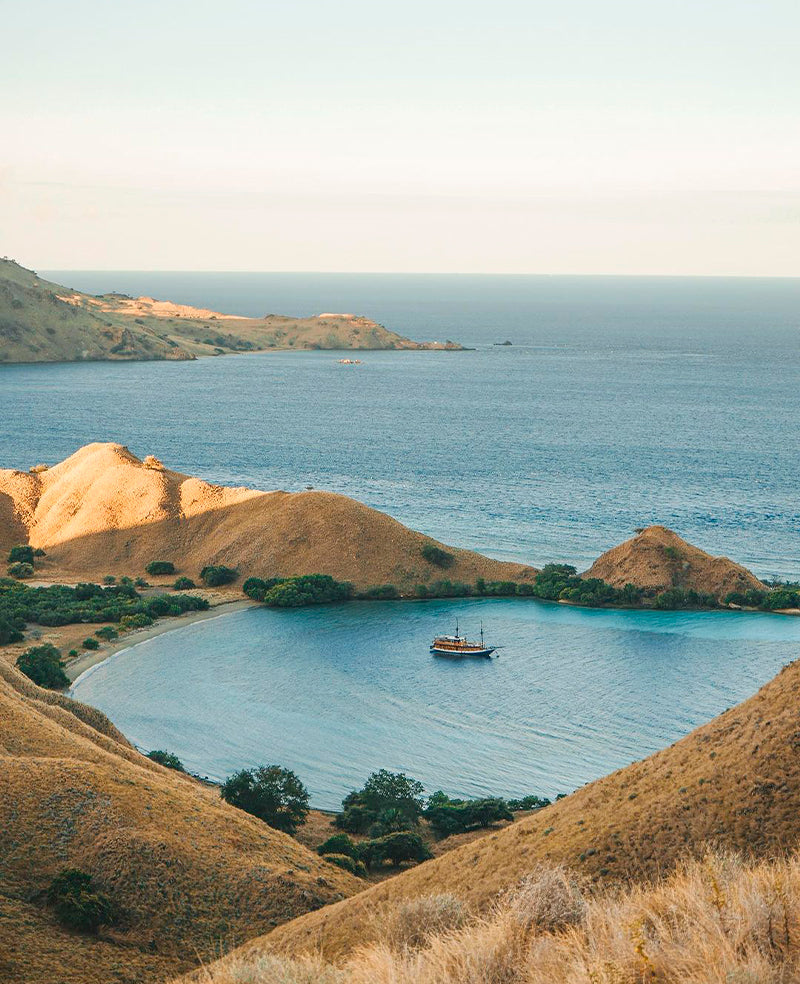
Source: @chengloew
The Komodo Island
It is also a National Park from Indonesia, and it is famous for being the natural habitat of the Komodo dragon, which also happens to be the largest lizard on the planet. Other typical fauna from Komodo includes the water buffalo, the banded pigs, civets, cockatoo and macaques.
The Komodo island surface is about 291 km2 and it is only inhabited by around 1,800 people, who normally make a living from fishing and tourist activities. The Komodo National Park also contains one of only seven pink-sand beaches in the world, which is actually a combination of white sand and red sand, the latter’s color coming from some microscopic resident organisms called Foraminifera. The magical things that the tiny organisms can do, right?
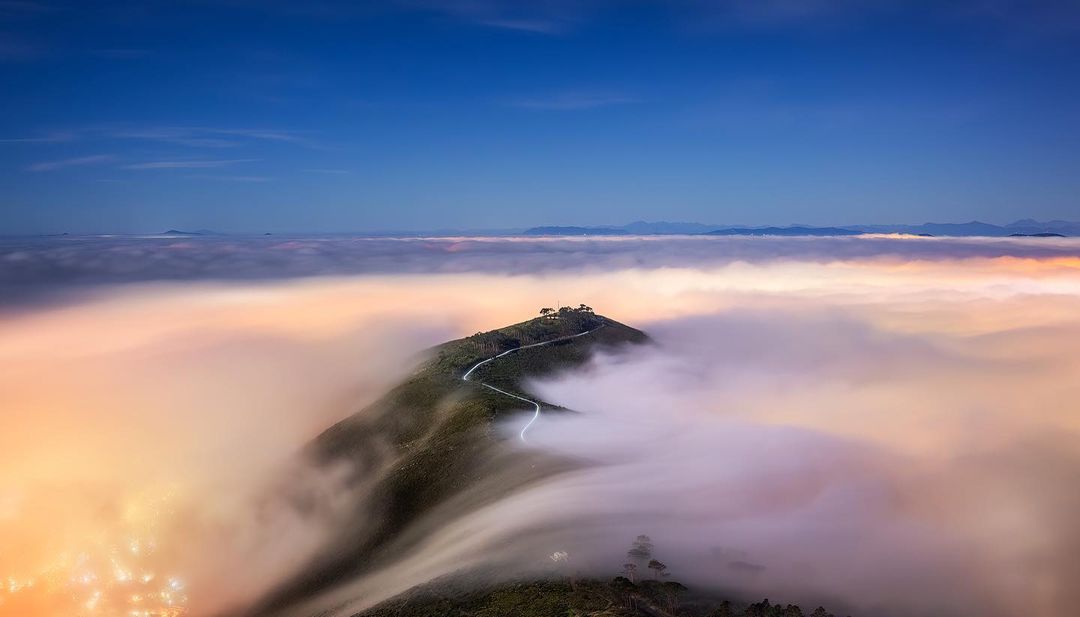
Source: @kyleincpt
The Table Mountain
An incredible flat-topped mountain that also creates a cool landmark overlooking the city of Cape Town, in South Africa. It is also the most visited National Park from its country, and it attracts up to 4.2 million tourists every year. Its flat top consists of approximately three km from side to side, and it is edged by steep cliffs. The Table Mountain’s peak is often covered by dense orographic clouds that, at the same time, make for spectacular views.
Its vegetation is unusually diverse, consisting primarily of several kinds of the unique and rich Cape fynbos, a typical bush from the area. Moreover, an estimated 2,285 plant species are confined to Table Mountain and the Cape Peninsula range. The astonishing flowers called proteas, which are also endemic to South Africa, are one of them, joined by the delicate Disa uniflora orchids, also known as Pride of Table Mountain. Among its fauna, we meet the cute dassies, a mammal that tends to live on rock outcrops. Porcupines, mongooses, snakes, lizards, and tortoises are also another few inhabitants of the mountain.
Overall, we could say that nature is the ultimate source of inspiration as well as the primary reason for everything that is beautiful in this world. It is no wonder (pun intended) that the Fall-Winter 2023 collection by The Animals Observatory is based on the exquisiteness found on the elements of nature that surround us on a daily basis. This list of the 7 Natural Wonders of the World has a point, some of the most outstanding stuff in this world just happened.
